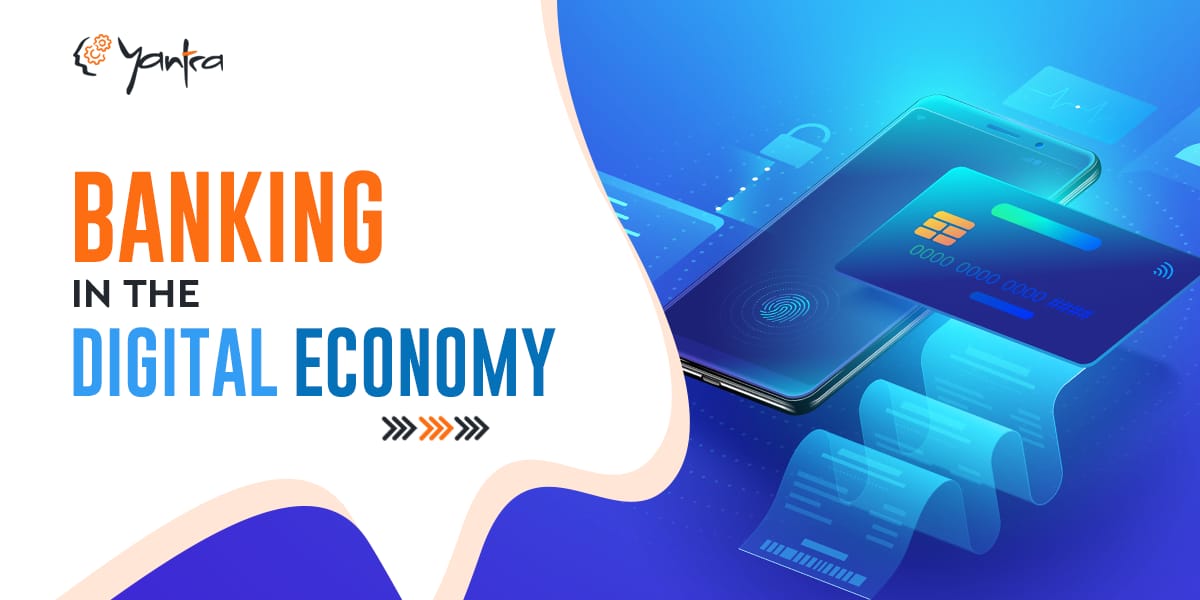

Digital Banking: An Overview
Digital banking has become a very common phenomenon, in the current socio economic context. Penetrations of internet across the households have been a key driver in promoting digitisation across the Indian economy as per experts. It is imperative hence, that, digitization of banks had led to online transactions of the most common banking functions.
What are the banking functions that you can perform through digital initiatives?
Online banking had promoted the following activities to be done through internet applications:
Online Banking: What are the pros and cons?
Online banking in the current context had actually brought in several advantages for the bankers as well as the consumers. Experts related to the banking industry had acknowledged that, post the pandemic, i.e. outbreak of COVID – 19, online banking had provided cashless transactions. At the same time, online banking had prevented the physical presence of consumers within the bank premises. Experts from the banking industry had acknowledged that, technology intervention remained to be a key driver in promoting online bank transactions. Hence, there remains to be a high risk associated with such online transactions.
How can online banking help in matching consumer expectations?
Many of the experts had expressed a satisfactory outlook while referring to the systematic online procedures related to banking. Consumers had been provided with several advantages through online banking as a result of which several transactions had been done online, post the outbreak of the pandemic. On the other hand, online banking transactions had helped the banks to reduce the allocation of staffs within the banking premises. Online transactions however, should be much evolved through software applications, and experts’ state that, security of transactions remain to be a priority.
Online and Digital Banking: Conceptual differences
As per the opinions of the experts, it is understood that, online banking is much of a narrow concept when compared to digital banking. Online banking can primarily focus on transactions like money deposits, bill payments as well as money transfers. Online banking is more commonly associated with the concept of ‘core banking’ conceptually. On the other hand, digitization refers to encompassing software application based programs for each and every function of a bank or a financial institution. Therefore, experts have rightly pointed out that each and every online transaction is a part of the digitization drive within a particular bank concerned.
Conclusion:
Digitization of banking services had been the keyword in a pandemic stricken economy. India had adopted digital banking services largely in consequence to the outbreak of COVID – 19, the global pandemic. Online transactions had been helpful for consumers as most of us, have avoided physical presence in banks and related financial institutions. However, in such transactions, security remains to be a priority in order to protect consumers from fraudulent activities.